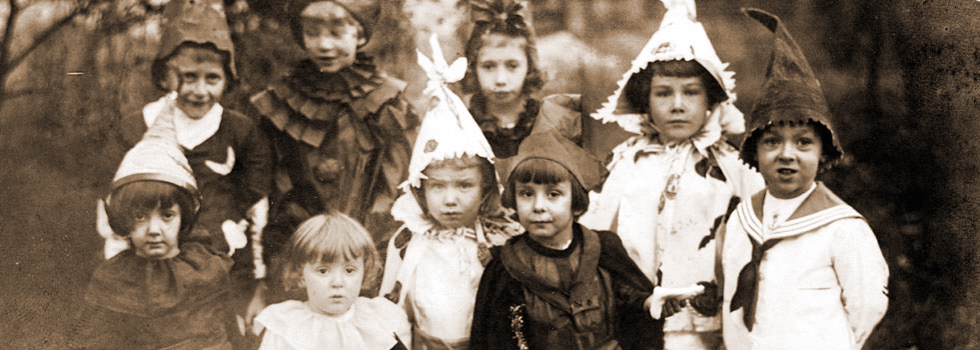Berks County
Luzerne County
Luzerne County was created on September 25, 1786, from part of Northumberland County and name for the Chevalier de la Luzerne, French minister to the United States. Wilkes-Barre, the county seat, was laid out in 1772 and named for two members of Parliament, John Wilkes and Isaac Barre, both advocates of American rights.
Pennsylvania settlers, Indians, and a Connecticut settlement company engaged in a three-way struggle for the Wyoming Valley. The Yankee Pennamite Wars were fought there from 1769 to 1782. In 1786 Connecticut’s acceptance of a federal award to Pennsylvania allowed Pennsylvania to form the county, and a 1799 statute compromised the land titles claimed by Connecticut families. Led by the Delaware “King” Teedyuscung, Indians committed the first Wyoming Massacre of settlers on October 15, 1763; with British assistance Indians led the second Wyoming Massacre on July 3, 1778.
Northampton County
Northampton County was formed from parts of Bucks County on March 11, 1752. It originally encompassed the areas now covered by Northampton, Monroe, Pike, and Wayne Counties in northeastern PA. It was named for Northamptonshire, England, where Thomas Penn’s father-in-law, the Earl of Pomfret, lived. In 1812, part of the county became Lehigh County and in 1843, another chunk was lost to become Carbon County.
The county seat is Easton, named for the Earl’s estate. It was incorporated as a borough on September 23, 1789, and became a city on November 2, 1886.
The original inhabitants, the Lenni Lenape, had a peaceful relationship with the early settlers as a result of the diplomatic talent of William Penn. The relationship deteriorated when Penn’s two sons orchestrated the notorious Walking Purchase in 1737. Tragic Indian raids occurred in both Northampton and Lehigh counties which culminated in Sullivan’s march from Easton, PA, to northeast PA and NY state. The Indian threat was finally eliminated and settlement of the area progressed at a fast pace.
Moravians, a religious sect from Germany, were prominent among the early settlers of Northampton County. They founded Bethlehem in 1740 and Nazareth in 1741. Other early settlers were German farmers from Bucks County and Perkiomen Valley and Scots-Irish from New Castle.
The region is known for coal, railroads, steel, slate, education, and canals. Lehigh Canal opened in 1829. There were also flour mills, textile factories and zinc mines.
In 1798, discontent over the federal tax on windows resulted in Fries’ Rebellion.


TrackBack URL
https://www.karenfurst.com/blog/pennsylvania-counties-relevant-to-my-research/trackback/